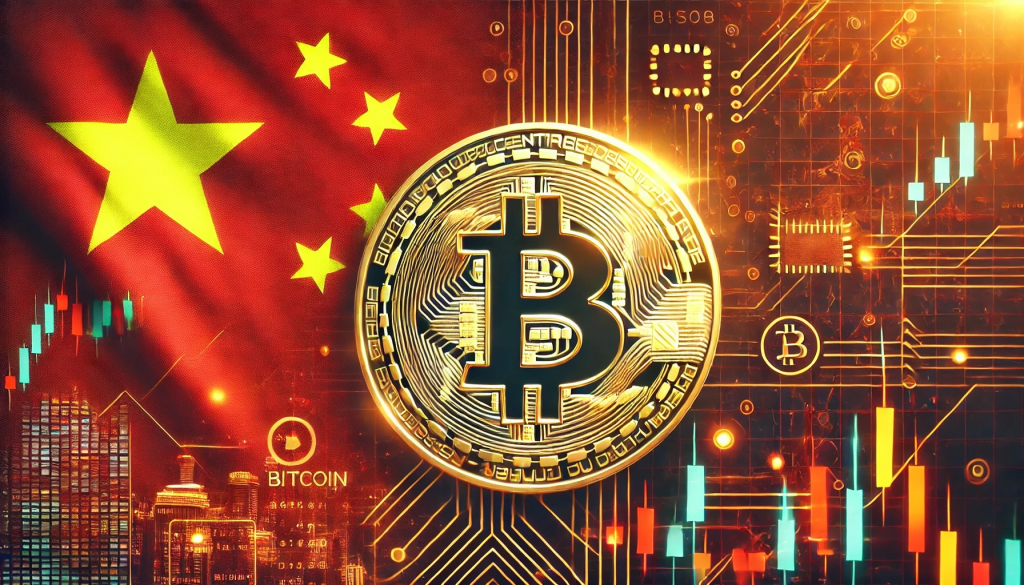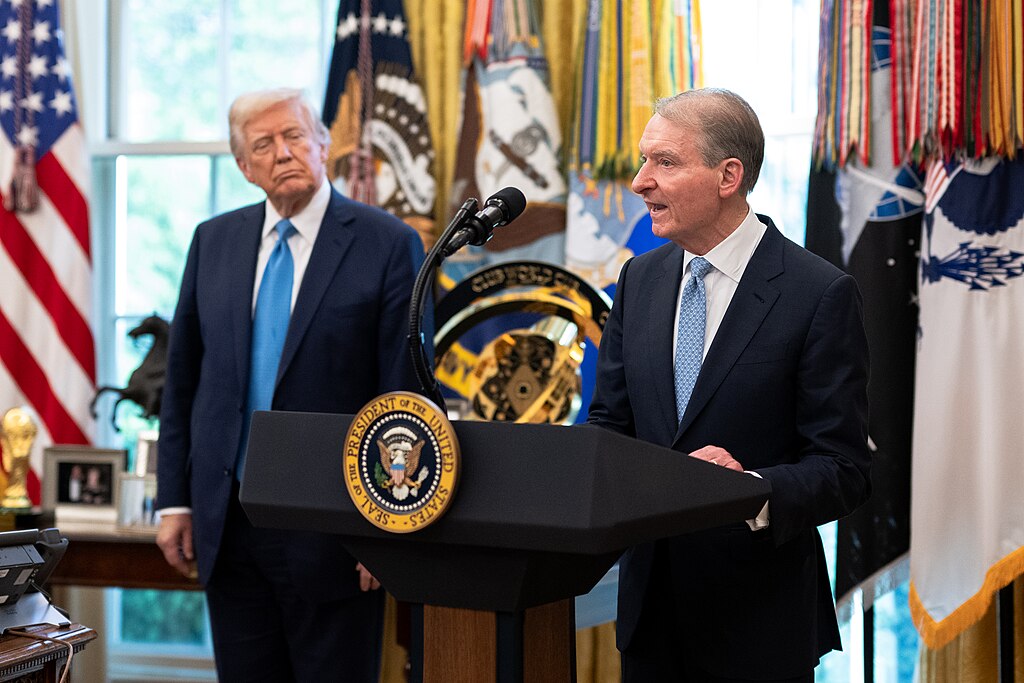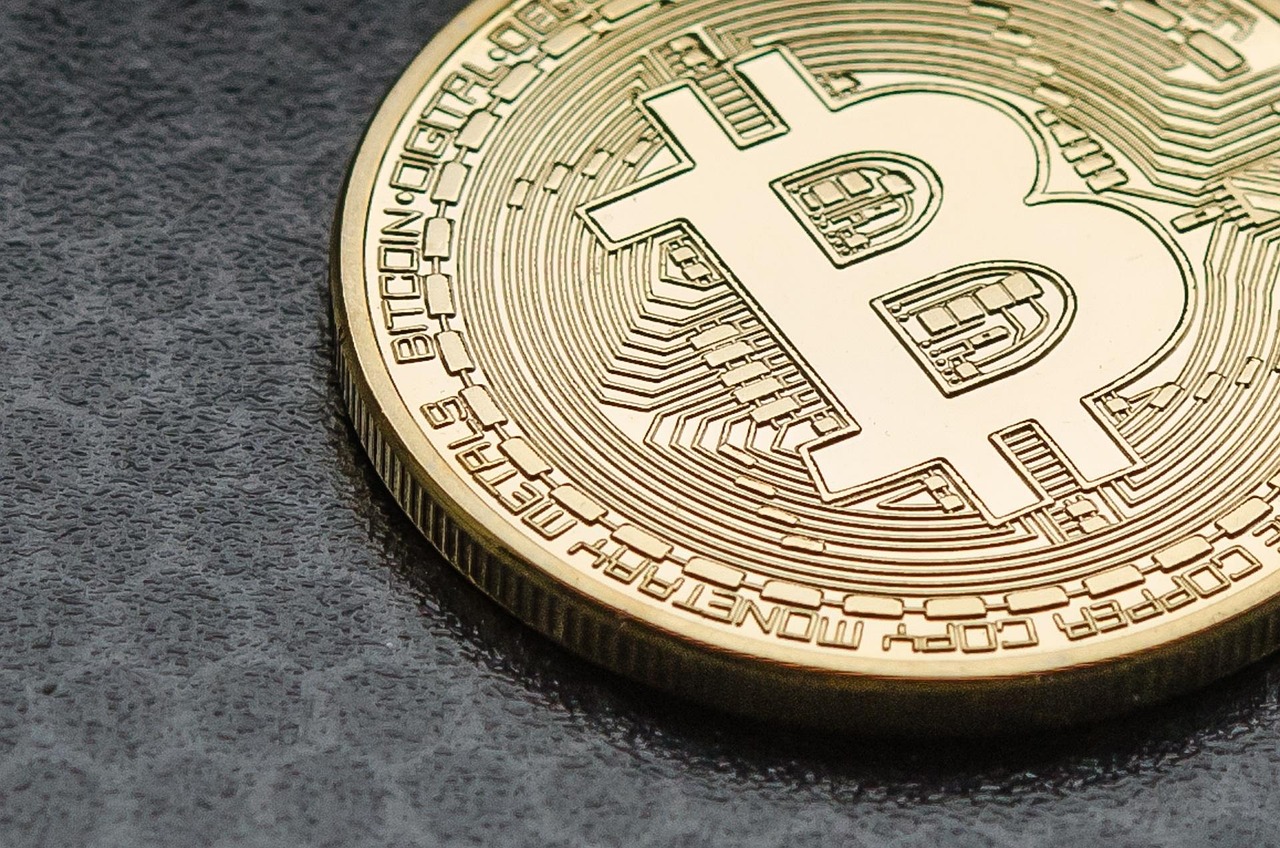China has accused the United States of secretly seizing 127,000 Bitcoin worth roughly $13 billion, allegedly linked to the 2020 LuBian mining pool hack. Beijing’s cybersecurity authorities claim the seizure was a covert, state-backed cyber operation disguised as law enforcement. The US Department of Justice (DOJ), however, firmly denied the allegations, asserting that the Bitcoin was lawfully confiscated in an unrelated fraud investigation.
According to US officials, the assets were part of a civil forfeiture case targeting Cambodian businessman Chen Zhi, who is accused of orchestrating crypto scams and human trafficking operations across Southeast Asia. The DOJ announced last month that it sought control of approximately 127,271 Bitcoin—now valued at over $15 billion—as part of efforts to return funds to victims of Chen’s network.
Blockchain analytics firm Arkham Intelligence observed that wallets tied to LuBian became active around the time the DOJ filed its case, sparking China’s challenge. Beijing claimed the timing of the Bitcoin transfers suggested the US had obtained access earlier than it publicly disclosed, raising doubts about the legitimacy of the seizure.
The dispute has reignited concerns over digital asset sovereignty and the growing geopolitical role of cryptocurrencies. Experts note that Bitcoin, as a decentralized and borderless asset, has evolved into a tool for asserting national power through financial and legal systems. The Financial Stability Board has warned that without unified international regulations, nations may continue to act independently—often to advance strategic interests rather than global cooperation.
China’s frustration reflects its ongoing resistance to Western dominance in blockchain infrastructure. Meanwhile, the US continues to use aggressive crypto enforcement—such as in the Silk Road and Bitfinex cases—to strengthen its jurisdiction. Analysts caution that without coordination, these unilateral actions risk eroding global trust and transforming cryptocurrency enforcement into a geopolitical battlefield.


























Comment 0